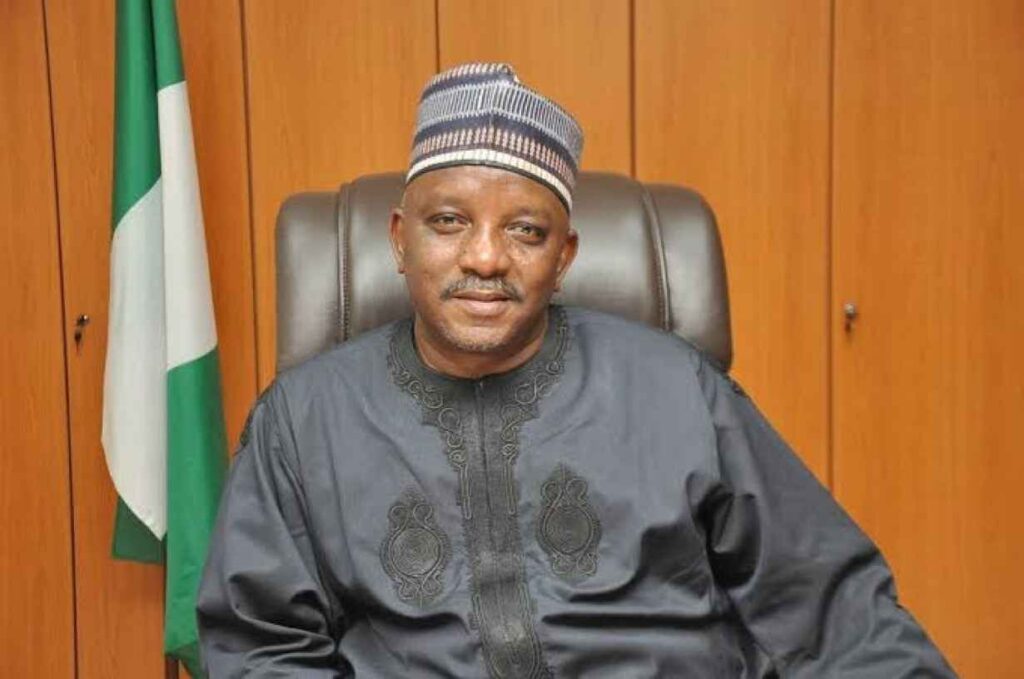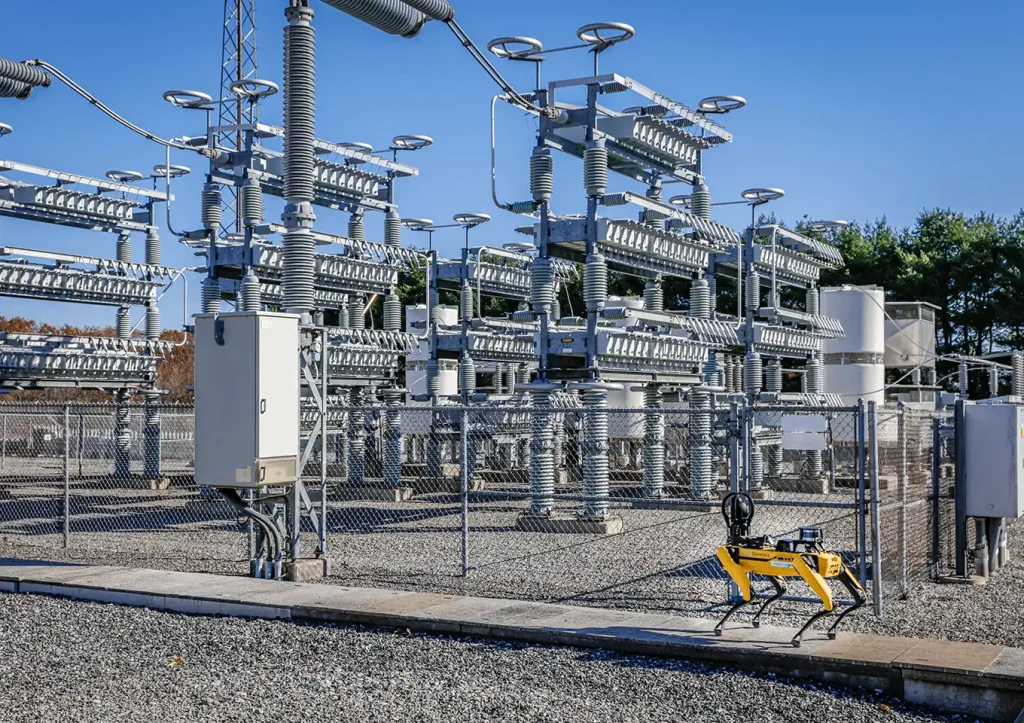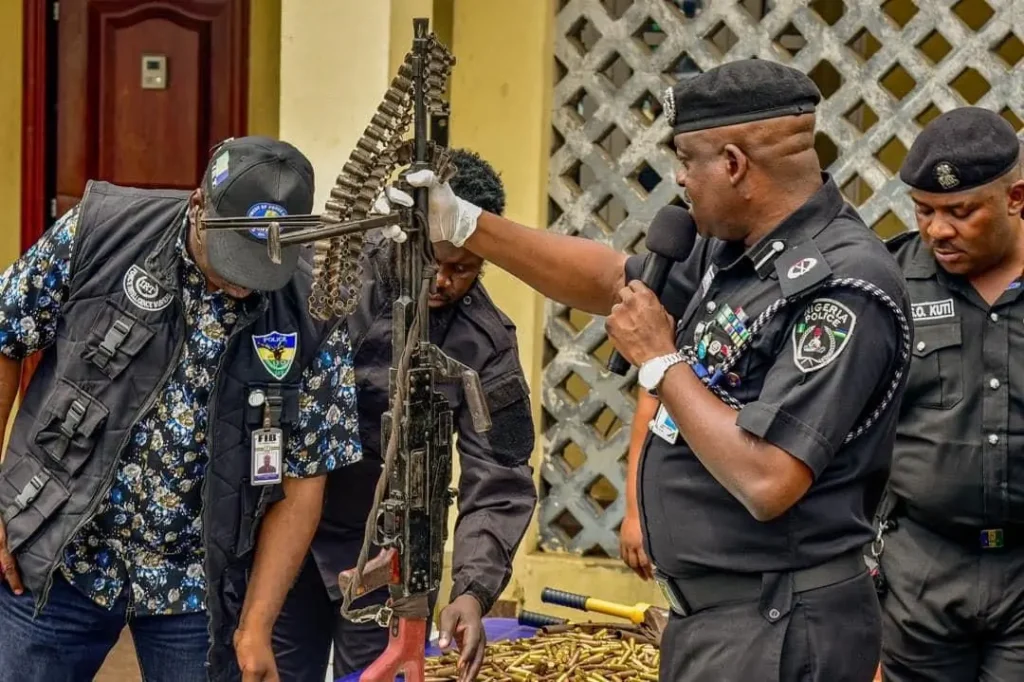In a dramatic revelation at the Federal High Court in Abuja, former Minister of Power, Saleh Mamman, has been accused of paying the dollar equivalent of N200 million in cash for a luxurious five-bedroom property in Wuse, Abuja. The allegation emerged during Mamman’s ongoing trial, where he faces charges of money laundering amounting to N33.8 billion. The case, prosecuted by the Economic and Financial Crimes Commission (EFCC), has drawn significant attention due to its connection to the controversial Mambilla Power Project.
The Testimony of Mohammed Ashelk Jidda
Mohammed Ashelk Jidda, the 14th prosecution witness and the original owner of the property, testified before Justice James Omotosho that Mamman personally delivered the cash payment. Jidda, who sold the property through his company, Mohibat Investment Limited, revealed that the former minister arrived at his office with three other individuals, including Mohammed Hussein, to complete the transaction.
“The minister came to my office with Mohammed Hussein and two other persons to pay me the money. We had discussed that they would bring naira, but they arrived with dollars. We counted the money and handed over the property,” Jidda told the court. He further explained that Mamman had instructed him to sign the property documents with Mohammed Hussein, despite initially being informed that the minister was the buyer.
Real Estate Agent Corroborates Claims
Samson Bitrus, a real estate agent involved in the transaction, also testified, corroborating Jidda’s account. Bitrus stated that the purchase price for the property was N200 million and confirmed that Mamman paid in dollars. “The purchase price was N200 million, and the defendant paid in dollars. The property owner received the money and counted it to confirm it was complete,” Bitrus told the court.
Bitrus further revealed that he managed the property on behalf of Mamman after the purchase, collecting rent and remitting it to accounts provided by the former minister. He provided details about the property’s location at No. 12 Lungi Street, Wuse 2, and confirmed that Mamman had accompanied Mohammed Hussein during the transaction.
Bank Compliance Officer Provides Financial Evidence
Umar Abbatilde, a compliance officer with Zenith Bank Plc, presented evidence detailing financial transactions in Bitrus’s account. Abbatilde revealed that there was an inflow of N5.5 million from Firststar Limited into Bitrus’s account on June 26, 2020, followed by an immediate outflow to Mamman Nasir Ademu on the same day. This evidence was presented to support the EFCC’s allegations of money laundering and illicit financial flows connected to Mamman.
The Mambilla Power Project Connection
The EFCC’s case against Mamman is tied to the Mambilla Power Project, a multi-billion-dollar hydroelectric project in Taraba State that has been mired in controversy and delays for decades. Mamman, who served as Minister of Power under former President Muhammadu Buhari, is accused of conspiring to commit money laundering in connection with the project. The N33.8 billion allegedly laundered by Mamman is believed to be linked to funds earmarked for the project.
The Mambilla Power Project, once completed, is expected to generate 3,050 megawatts of electricity, significantly boosting Nigeria’s power supply. However, the project has faced numerous setbacks, including legal disputes, funding challenges, and allegations of corruption. Mamman’s trial is seen as a critical step in addressing the corruption that has plagued the project and ensuring accountability for those involved.
EFCC’s Pursuit of Justice
The EFCC has been relentless in its pursuit of justice in this case, presenting a robust lineup of witnesses and evidence to support its charges against Mamman. The commission’s Head of Media and Publicity, Dele Oyewale, emphasized the importance of the case in a statement, noting that the EFCC is committed to uncovering the truth and holding those responsible for financial crimes accountable.
“The EFCC alleges that Mamman conspired to commit money laundering in connection with the Mambilla Power Project. The evidence presented in court today underscores the seriousness of these allegations and the need for justice to be served,” Oyewale stated.
Public Reaction and Implications
The revelations in court have sparked widespread public reaction, with many Nigerians expressing outrage over the alleged misuse of public funds. The case has also reignited debates about corruption in Nigeria’s power sector, which has long been plagued by inefficiency and mismanagement. The Mambilla Power Project, in particular, has become a symbol of the challenges facing Nigeria’s efforts to improve its electricity supply.
Mamman’s trial is being closely watched as a test of the EFCC’s ability to tackle high-profile corruption cases. If convicted, Mamman could face significant penalties, including imprisonment and forfeiture of assets. The case also serves as a reminder of the importance of transparency and accountability in public office, particularly in sectors critical to Nigeria’s development.
Conclusion
The ongoing trial of former Minister of Power, Saleh Mamman, has taken a dramatic turn with the revelation that he allegedly paid N200 million in cash for a luxury property in Abuja. The testimony of key witnesses, including the property’s former owner and a real estate agent, has provided compelling evidence in support of the EFCC’s money laundering charges. As the case unfolds, it highlights the urgent need for accountability in Nigeria’s power sector and the broader fight against corruption. The outcome of this trial will have significant implications for the Mambilla Power Project and the future of Nigeria’s efforts to combat financial crimes.













